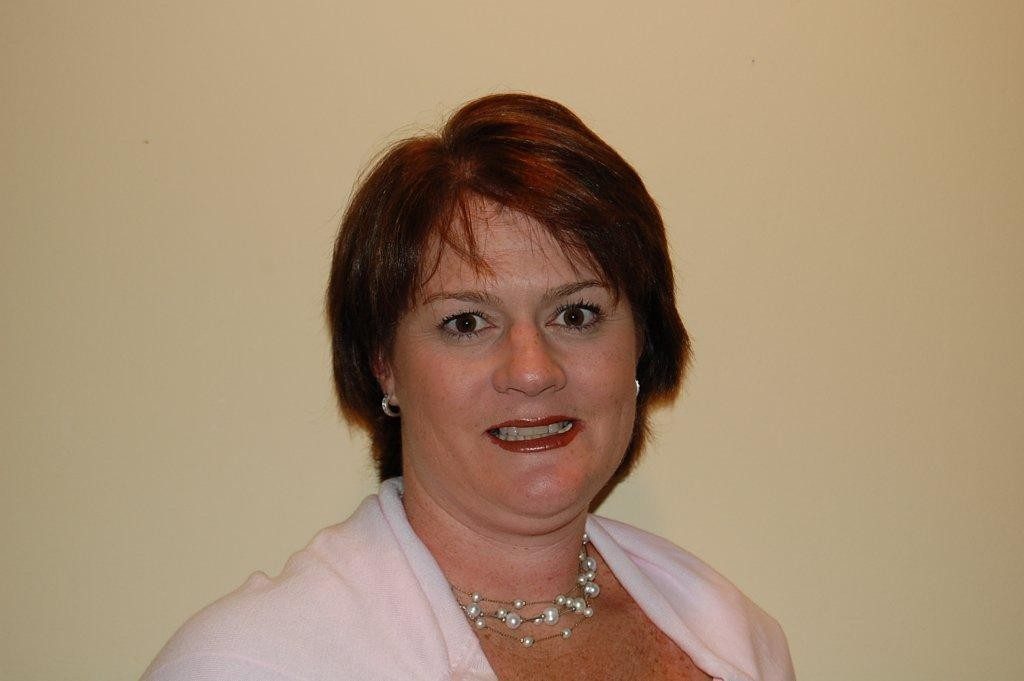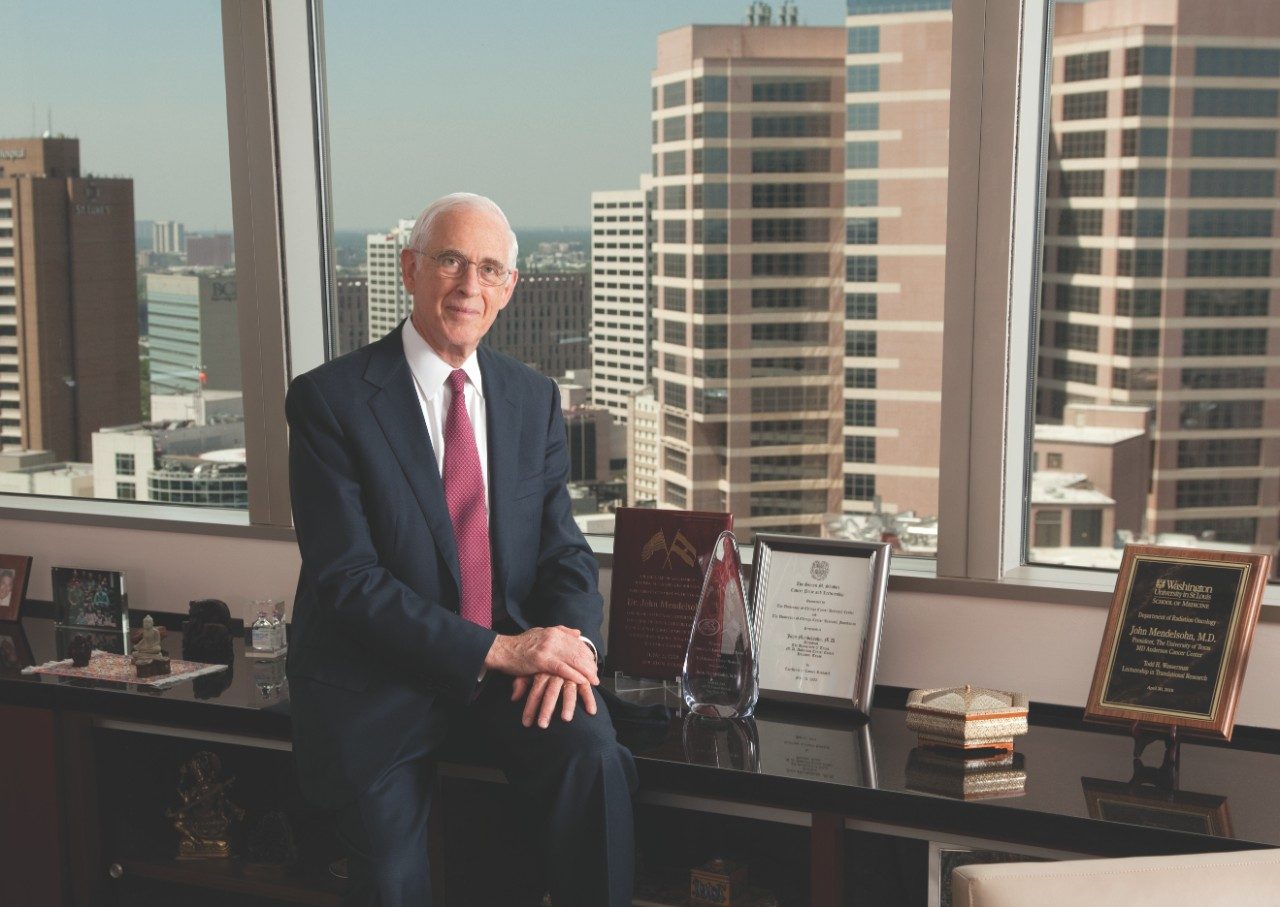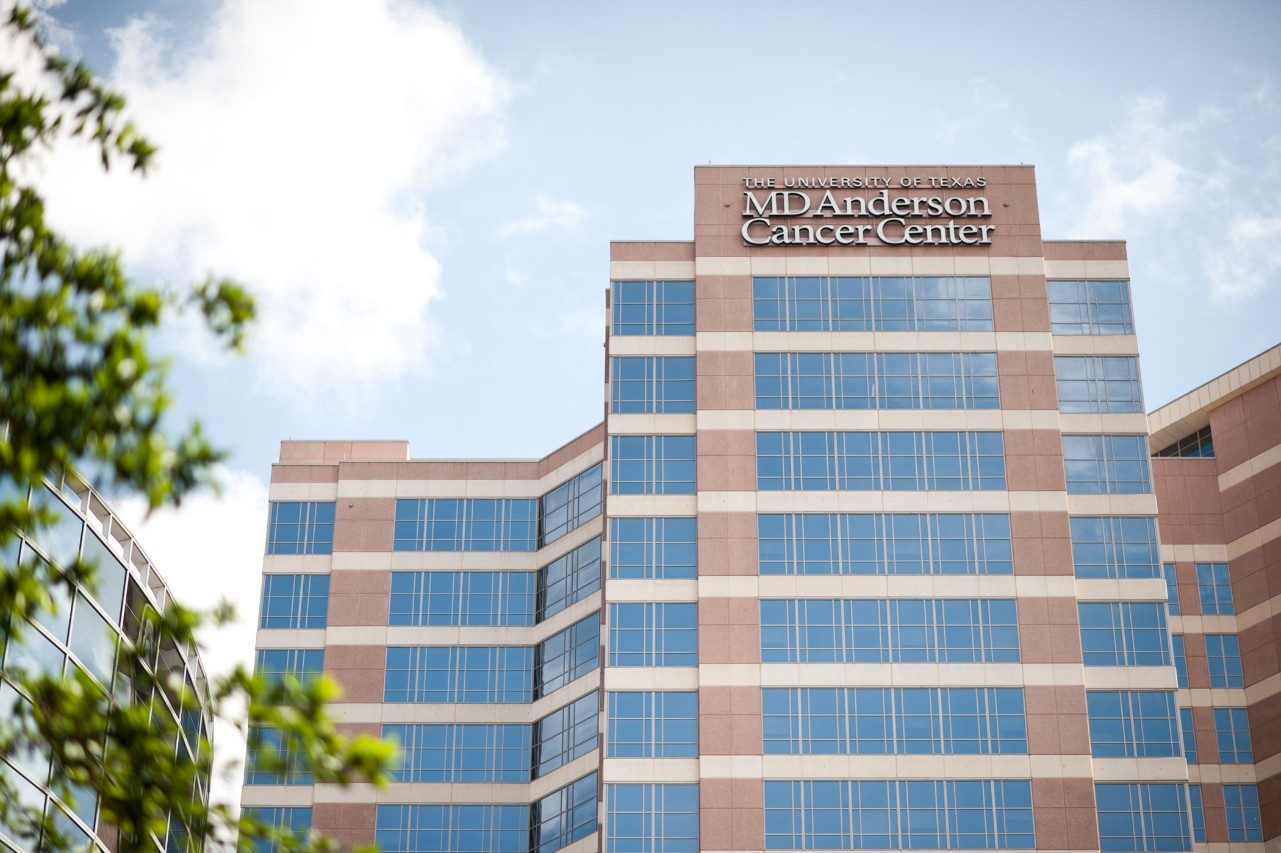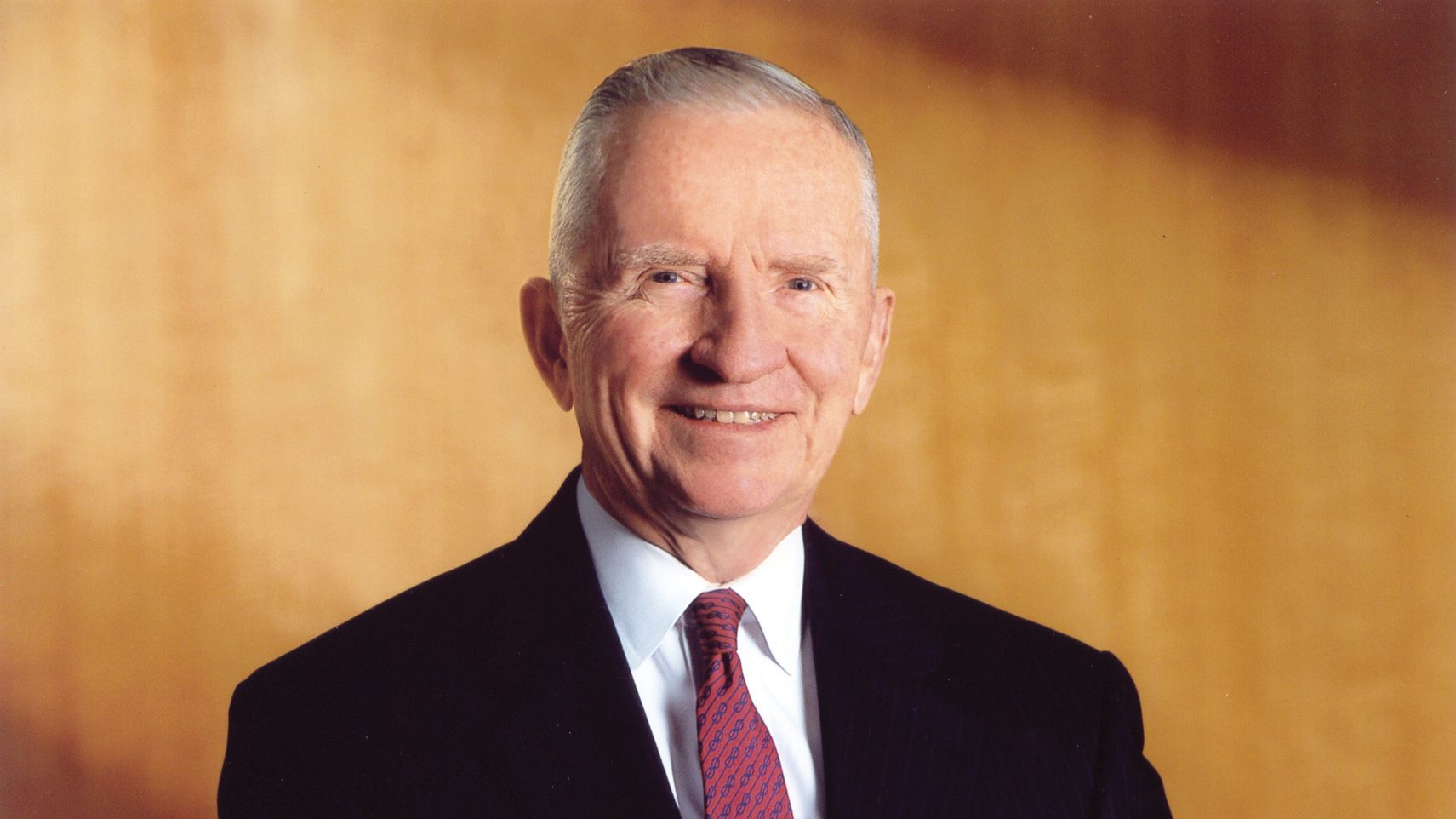Patient Lives on Through Gift to Help Others With Rare Ovarian Cancer
An MD Anderson patient who died in July 2009 of ovarian cancer at age 40, Sarah Brown Musselman embodied the phrase “live life to the fullest”. Her legacy lives on through a $1.5 million endowment she established to support low grade serous ovarian cancer research under the direction of David M. Gershenson, M.D., chair of the Department of Gynecological Oncology at
MD Anderson.
With no family history of cancer, Musselman, a native of Louisville, Ky., was diagnosed at age 23. Still, she believed in hope and embraced her dreams, says her mother, Ina Bond of Kentucky. She started a photography business in California and was a singer, a chef, an artist and a nature lover.
Most of all, Musselman loved people. Her friendships gave her strength through the challenges of cancer and helped in her quest to further the philanthropic efforts she initiated.
“She was interested in securing more research funding for low-grade serous ovarian cancer, which is rare and extremely underfunded,” says Bond, who combined the money her daughter left in her will with $37,000 in memorial gifts to establish the Sara Brown Musselman Fund for Serous Ovarian Cancer Research at MD Anderson.
“Low grade serous ovarian cancer tends to strike young women, and chemotherapy doesn’t achieve the same response as with other cancers.,”says Bond. “ I hope this money will find new ways to attack the disease.”
Bond credits the institution with extending Musselman’s life by changing her treatment path after she was misdiagnosed before seeking treatment at MD Anderson.
“She would be pleased to know the institution will use this money to try to improve the lives of young women with this disease,” she says. “Hopefully we can find ways to add to the fund and bring better awareness around the world.”
Bond refers to her daughter’s doctors, Gershenson and J. Taylor Wharton, M.D., who is now retired from MD Anderson, as “superheroes saving lives and giving hope.”
Gershenson believes Musselman’s contribution will give other women the opportunity for a better outcome and quality of life during treatment.
“Most of the funds will go toward confirming our lab-based studies and mapping pathways and genes in these tumors,” says Gershenson. “Some of these funds also will go toward building awareness by making both the physicians and allied health professionals aware of these rare types of ovarian cancers, as well as the public, so that women who are diagnosed with these cancers can seek out a specialist who really understands the biology and treatment of these rare tumors.”
Survivor Crafts Message of Hope Through Endowment, Planned Giving
As Maggie Ryden Parker of Houston graciously pours a cup of tea and sets a plate of cookies on the table, she begins her story from the top. A wife, mother, cancer survivor and philanthropist, at 82, Parker is a beacon of light, despite the many times cancer has touched her life.
Her 18-year-old son succumbed to cancer, as well as both her parents and her first husband.
Parker recalls the days leading up to her son’s diagnosis of osteosarcoma in January 1975.
“Alan was a nationally ranked swimmer and was about to finish high school when he started to complain of a ‘gimpy’ left knee,” says Parker.
An orthopedist prescribed surgery, but three months later the knee had failed to heal.
“By then, Alan was on crutches,” says Parker.
“We went for a second opinion, and that doctor’s words are seared into my brain: ‘Your son has a fast-growing tumor on his leg.’ ”
At 8 a.m. the following Monday, Alan and his parents were at MD Anderson. Tests confirmed the diagnosis.
“There followed aggressive chemotherapy, accompanied by loving and empathetic care,” says Parker. “The cancer prevailed, however, and in October of that year Alan died.”
Parker’s relationship with MD Anderson became even more personal with her own diagnosis in 2001.
It was during this period, Parker recalls, that she began to ponder in what specific ways her life had made, or might make, a positive impact on the lives of others and, specifically, what she might do to make such an impact. It was also at about this same time that she began to pay more attention to the many advances in cancer research at MD Anderson.
This growing awareness led her to rewrite her will and set up her IRA to be divided three ways among her alma mater, her church and MD Anderson. In memory of her son, she established the Alan Ryden Endowment for Pediatric Osteosarcoma Research at MD Anderson, with a $35,000 initial contribution in 2009.
“I hope in some small way to help those who might be diagnosed with cancer now, and in the long run to give hope and optimism to cancer patients in the future,” says Parker.
Art, Integrative Medicine Converge Through Debut Sale at Houston Gallery
As Barbara Hines describes her art, her longtime support of MD Anderson and her exhibition at Meredith Long & Co. in Houston benefiting the institution’s integrative medicine program, she uses the word “confluence” again and again. There’s the confluence of Hunter Creek and the Roaring Fork River, where the idea for the show was conceived at the Aspen, Colo., home she shares with her husband, Gerald D. Hines. She speaks of the confluence of “all the talents and disciplines” at MD Anderson, enabling cancer patients to benefit from conventional and complementary therapies to manage symptoms, increase quality of life and improve treatment outcomes. She’s moved by the confluence of ephemeral joy and ordinary life that inspires her to capture the moment on canvas. And she notes her “Confluence” series, which she created for the exhibition using bold brush strokes, layer upon layer of paint and abstract imagery to visually convey all of the above.
Hines, who studied at the New York School of Design and the Pratt Institute, welcomed the opportunity to contribute approximately $125,000 from the December 2009 sale to a program dear to her heart. Hines is a founder of the Aspen Center for Integrative Health, and she and her husband have long practiced the principles of integrative medicine.
Although Hines’ work hangs in private collections in the United States, Europe and Australia, the gallery event marked her first solo exhibition and her first body of work produced for sale.
“It felt good to raise this money through something I created myself,” says Hines, a breast cancer survivor who sought treatment at MD Anderson after a routine mammogram led to her 2006 diagnosis.
The Hineses host a garden party in Aspen each July in conjunction with MD Anderson’s annual seminar at the Aspen Institute. Each year Hines provides one of her paintings as a backdrop for the podium where John Mendelsohn, M.D., president of MD Anderson, typically addresses 250-plus guests. Two years ago, a landscape caught the eye of Cornelia Long, wife of gallery owner Meredith Long. She suggested her husband have a closer look. Long returned the next week to offer Hines a show at his Houston gallery.
“He said he would need 16 to 20 paintings,” says Hines. “I took a big gulp and got to work. I was very honored that he would even consider me.”
As promised, Hines followed through, producing 37 paintings, mostly Aspen landscapes.
Hines also contributed proceeds to Aishel House, a nonprofit organization that supports patients in the Texas Medical Center and their families, offering transportation, meals, accommodations, child care assistance and counseling.
Goldstein Foundation Funds Odyssey Fellow
Odyssey Program Fellow Lara Kingeter, Ph.D., is on a mission. Her goal is to determine if blocking signaling from a particular cellular receptor will help reduce the severity of mucositis, a complication of some cancer therapies in which the lining of the digestive system becomes inflamed. She hopes that if the condition is treated effectively, patients will have the opportunity for a better quality of life. Thanks to a generous gift from the Pauline Altman-Goldstein Foundation, she’s on her way.
“The foundation was established in 2006 to support education by funding scholarships,” says Betsy Goldstein, director, who sits on the board with her three children. Goldstein’s mother, Pauline Altman, set aside money in her will to form the foundation. “Although we don’t have a personal connection to cancer, we know many who have been treated at MD Anderson. We wanted to give some funding for medical research, so we chose to give there.”
The Odyssey Program sponsors innovative research of promising young scientists, postdoctoral fellows at the beginning stages of their careers. The program is funded through the Scientific Achievement Fund endowment and Odyssey Program major-gift donors such as the Goldstein Foundation.
Kingeter is the first Odyssey Fellow to receive funds from the Goldstein Foundation.
Kingeter works on her postdoctoral research under the mentorship of Xin Lin, Ph.D., a professor in MD Anderson’s Department of Molecular and Cellular Oncology.
“Mucositis affects many patients who are undergoing chemotherapy or radiation treatments, and the symptoms involve their digestive tract,” says Kingeter. “It’s a difficult condition to deal with. Patients may have to stop chemotherapy or radiation treatments until they’ve recovered.”
Kingeter says she can’t overstate her gratitude to the Goldstein Foundation.
“Their generosity allows me to focus on my research without the pressure to secure funding for my projects and myself,” says Kingeter. “In short, they’re helping me launch my scientific career.”
“I’m excited to know that we’re helping cancer research,” says Goldstein. “Anything we can do to further the goal of eradicating cancer is a wonderful thing.”













